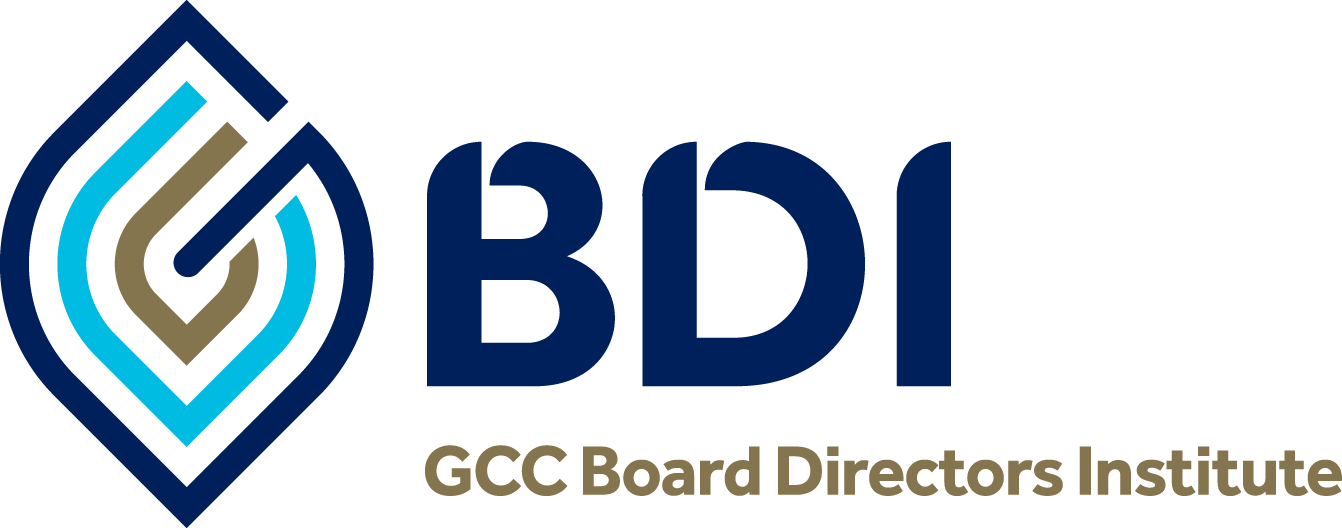Adopting AI technology can contribute $150bn to GCC economies, McKinsey says
Adopting artificial intelligence technology can contribute as much as $150 billion to Gulf economies, the equivalent to about 9 per cent of their combined gross domestic product, a report has found.
Research by global consultancy McKinsey suggests the estimate could be quickly exceeded, given the fast-paced development of technology such as generative AI.
An online survey – involving 119 senior executives and board directors from six Gulf countries – was held in partnership with the GCC Board Directors Institute.
The executives were in five sectors – retail, professional services, energy, capital projects and financial services.
More than six in 10 (62 per cent) respondents said their organisations used AI in at least one business function, compared with 59 per cent in North America, 48 per cent in Europe and 55 per cent in the Asia-Pacific region.
“With the rapid pace of technological innovation, AI has emerged as a transformative force, reshaping industries and societies.
“We believe it has the potential to deliver huge value in the Middle East’s GCC countries,” said Vinay Chandran, partner at McKinsey.
Governments and businesses across the Middle East are becoming increasingly aware of the global shift towards AI and advanced technology, amid the Fourth Industrial Revolution.
Global consultancy PwC estimates that AI has the potential to contribute $320 billion to Middle East economies, or 2 per cent of the total global benefits of AI, by 2030.
The annual growth in the contribution of AI is expected to range between 20 per cent and 34 per cent each year across the region, with the fastest growth in the UAE followed by Saudi Arabia.
Besides significant investments in AI, the UAE has also launched the Mohamed bin Zayed University of Artificial Intelligence to further support the development of its AI ecosystem and foster research.
McKinsey's latest research suggests that while the adoption of AI in the GCC is “relatively encouraging”, the uptake remains low and there is still “significant” value that companies can tap into.
Different sectors are adopting AI at varied speeds in the GCC. Retail companies have made the most progress, with 75 percent of respondents from the sector saying their companies have brought in AI in at least one business function.
That was followed by financial services and energy companies in the top three AI adopters by sector.
Respondents in the financial services, capital projects and infrastructure sectors said their companies have made less progress on the same measure.
The survey found companies that are now using AI have “barely scratched the surface” in terms of what the technology can deliver. Companies in the GCC can take measures to build their AI capabilities in four main areas, according to McKinsey's research. These are strategy, organisation and talent, data and technology, and AI adoption and scaling up.
Organisation and talent are at the top of the list, with 37 percent of respondents saying this was the area of greatest concern. This was followed by data and technology at 26 percent, adoption and scaling up at 21 percent, and strategy at 15 per cent.
In terms of a blueprint, companies faced difficulties in having a strategy that links AI to their enterprise strategy, that could resolved by having strong commitment from senior leadership, McKinsey said.
Without support from the top, there may not be an AI budget, a problem identified by 60 percent of survey respondents, even though AI adoption requires spending on data, technology, analytics talent and embedding analytics into business process workflows.
“High performers in our global research are nearly twice as likely than others to have strong leadership commitment to AI and eight times more likely to spend more than 20 percent of their digital technology budgets on AI-related technologies,” the report said.
Creating a long-term road map, communicating the strategy and holding management accountable are also among the recommendations.
